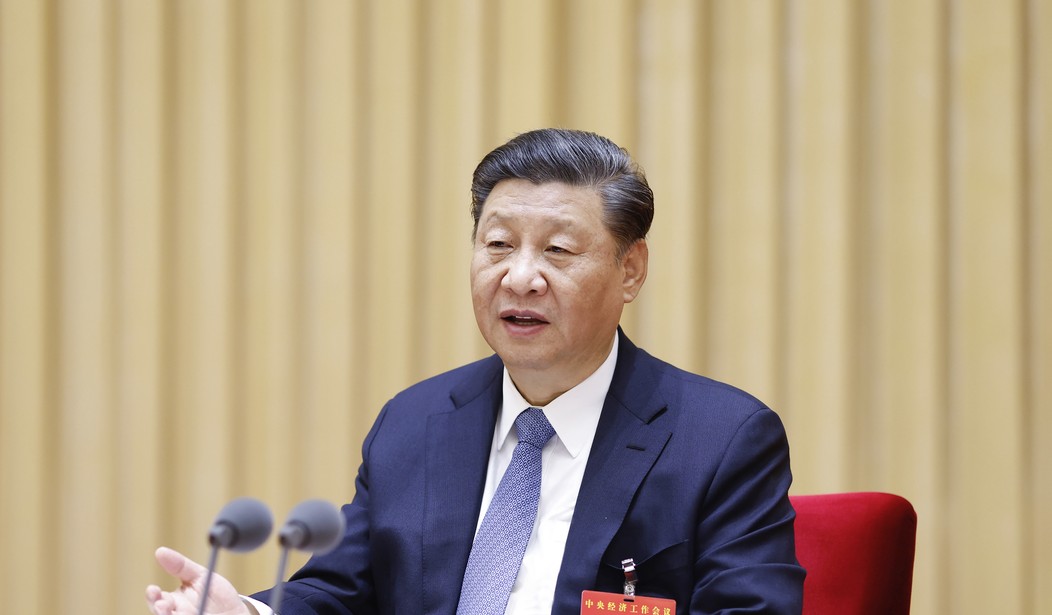“Every war must end” was the title of defense analyst Fred C. Ikle’s 1971 book. Ikle became undersecretary of Defense for policy in the Reagan administration and his observation passed from insight to conventional wisdom.
The Trump administration in its final weeks and the Biden government in its first months invoked the “all wars must end” axiom to justify withdrawing the last U.S. combat troops from Afghanistan. “We are not a people of perpetual war—it is the antithesis of everything for which we stand and for which our ancestors fought. All wars must end,” asserted Christopher Miller, acting secretary of defense, last November.
President Barack Obama, in a 2013 speech at the National Defense University, was heckled repeatedly by Code Pink drama queen Medea Benjamin over the obscenity of America fighting its enemies in Afghanistan and Iraq. The commander in chief praised her passion and intoned that “this war, like all wars, must end. That's what history advises. That's what our democracy demands.”
This April, after 20 years, 2,400 GIs killed and $2 trillion in U.S. support, the Taliban continued to wrest territory from the government in Kabul. In addition to the resurgent movement that once imposed harsh Islamic law on Afghanistan and sheltered Osama bin-Laden, fragments of Islamic State, al-Qaeda and other Islamist terrorists also keep attacking civilian and military targets.
Meanwhile, Washington talked “peace” with Taliban representatives. Biden explained:
Recommended
On Sept. 11, 2001, “we were attacked. We went to war with clear goals. We achieved those objectives … Bin Laden is dead and al-Qaeda is degraded in Afghanistan and it’s time to end the forever war.”
Certainly, wars must end. Even the 100-Years-War between England and France did.
The real question is how wars end. Formulations like Obama’s, Miller’s on behalf of President Donald Trump and Biden’s in April focus narrowly, on the near-future timing and tactics of withdrawal, not on the long run and strategies to achieve victory. The latter makes it necessary to put Ikle’s observation into context.
Ikle was a Cold War strategist. When he died in 2011, American Spectator editor Robert Tyrrell remembered Ikle as, among other things:
An opponent of 1970s’ arms control diplomacy who favored strengthening U.S. deterrence against the Soviet Union to ensure peace; advocate of Reagan’s Strategic Defense Initiative (derided by many Democrats as “Star Wars,” a supposedly unscientific belief we could hit a missile with a missile); proponent of deploying mid-range nuclear missiles in Europe over Kremlin (and some Allied) objections; and supporter of supplying Stinger ground-to-air rockets to anti-Soviet Afghan rebels, which cost Moscow troops and confidence.
Through such policies the Cold War did end. But not before lasting from the late 1940s to the collapse of the Soviet satellite regimes in East Germany, Poland, Hungary, Czechoslovakia, Romania and Bulgaria in 1989 and the U.S.S.R. itself two years later. For decades hundreds of thousands of GIs were stationed in Western Europe.
From diplomat George F. Kennan’s famous “long cable” advocating “containment” of the Soviet Union through U.S. leadership of the NATO countries of Western Europe and North America to Reagan’s defense build-up that helped bankrupt the Soviets, which Ikle supported, Washington had a successful strategy: First resist, then defeat Moscow. The Cold War ended in victory for the United States and its allies.
It’s been observed that Americans are formidable foes when aroused and fighting to win, like the Union during the Civil War and nearly the entire nation in World Wars I and II. They will tolerate national mobilization “for the duration,” provided victory’s on the horizon and the duration is no more than roughly four years.
But when a war's reasons and strategy are not clearly, convincingly stated, conflicts like Korea and Vietnam result. A front-page article in the April 27 Wall Street Journal ran under this headline: “Vets See Echoes of Vietnam in Afghanistan Withdrawal Plan; Troops who fought decades apart lament leaving wars unfinished.” A pull-quote referred to “allies abandoned.”
China has been at war with the United States since Korea and Vietnam. It's spent recent decades vacuuming American national security and commercial secrets, oppressing its own people, expanding its military, threatening its neighbors and seeking international trade, information and political hegemony. Bigger and wealthier than the Soviet Union ever was, it’s also more dangerous.
It is said most Americans today have no direct connection with the military that defends them and that many believe war is obsolete, rather than recurrent human behavior. China is watching. Kabul as Saigon will hardly deter Xi Jinping’s drive for global dominance.
Do American strategists get that?
Eric Rozenman is a Washington, D.C. writer and author of Jews Make the Best Demons: “Palestine” and the Jewish Question.

























Join the conversation as a VIP Member